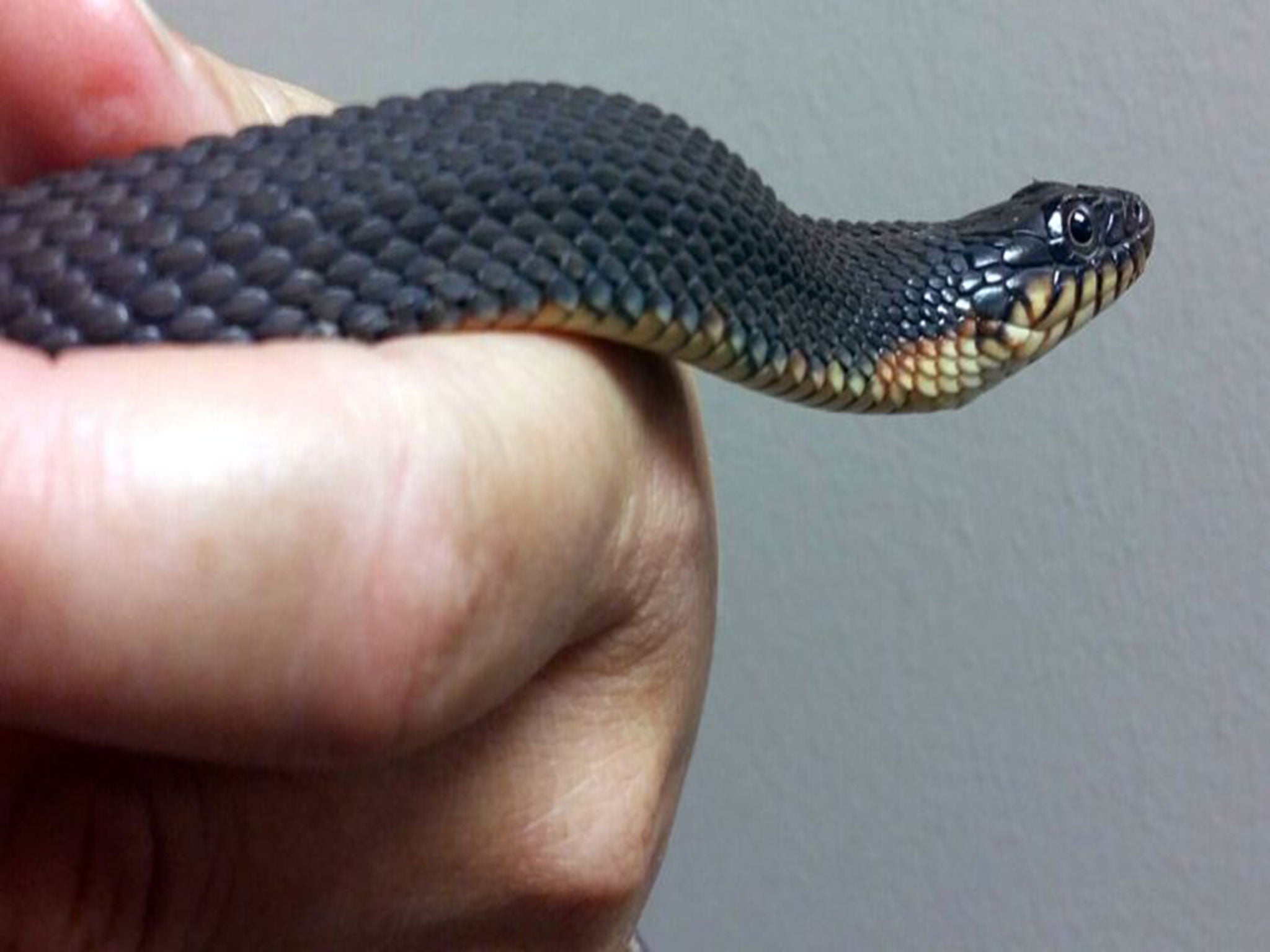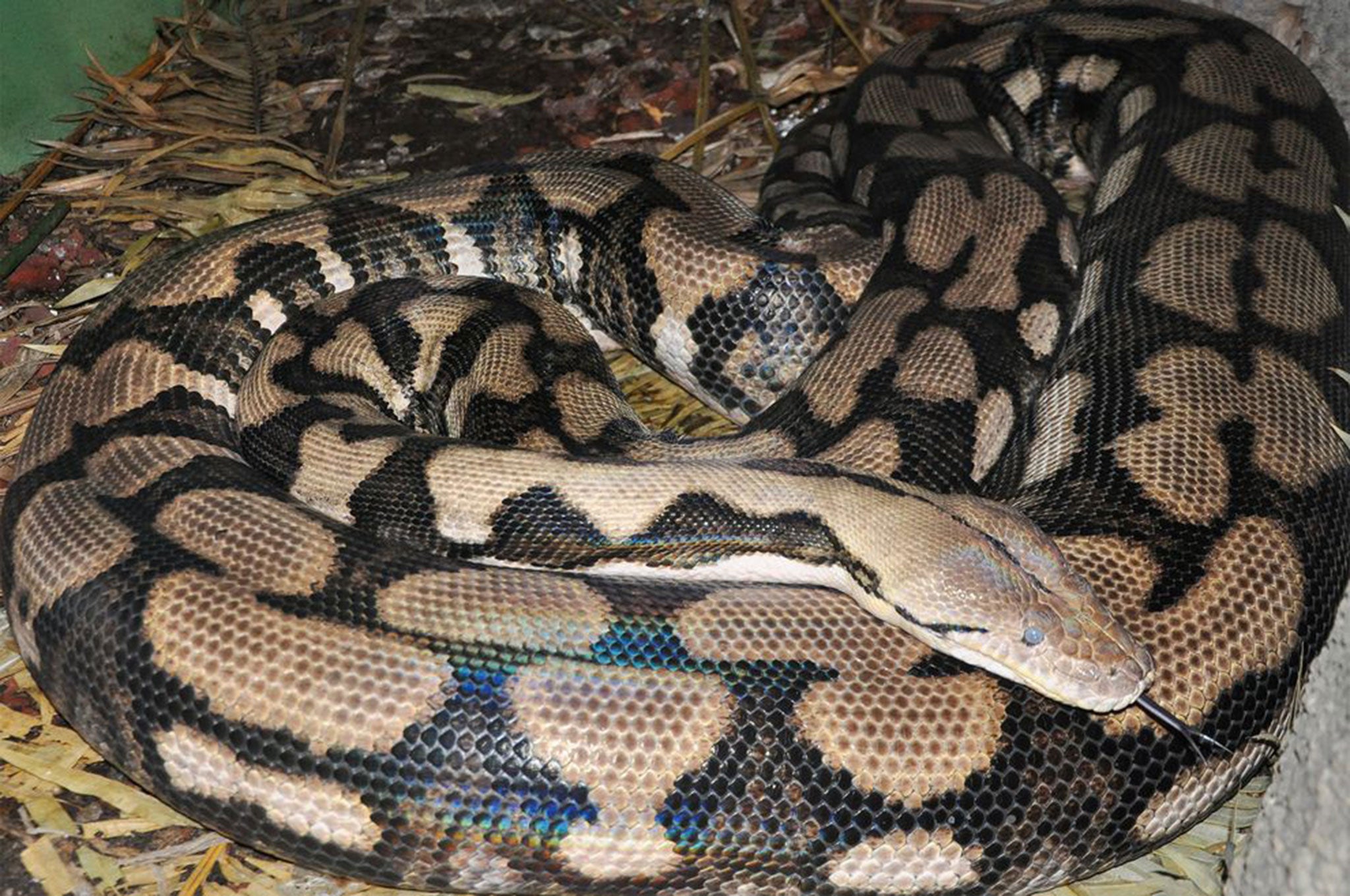This snake is giving birth without having sex and no-one quite knows why
'Virgin birth' is thought to be first example of rare type of asexual reproduction

Your support helps us to tell the story
From reproductive rights to climate change to Big Tech, The Independent is on the ground when the story is developing. Whether it's investigating the financials of Elon Musk's pro-Trump PAC or producing our latest documentary, 'The A Word', which shines a light on the American women fighting for reproductive rights, we know how important it is to parse out the facts from the messaging.
At such a critical moment in US history, we need reporters on the ground. Your donation allows us to keep sending journalists to speak to both sides of the story.
The Independent is trusted by Americans across the entire political spectrum. And unlike many other quality news outlets, we choose not to lock Americans out of our reporting and analysis with paywalls. We believe quality journalism should be available to everyone, paid for by those who can afford it.
Your support makes all the difference.A snake at an American zoo has given birth for the second time in two years despite not having had sex.
The yellow-bellied water snake, a resident of Cape Girardeau Conservation Nature Center in Missouri, reproduced on her own in 2014 and again this summer, her keepers say.
An intern who looks after the snake found freshly-laid membranes in July, even though the snake has not lived with a male for the eight years it has lived in captivity.
The 'virgin birth' - the first known example in this kind of snake - has surprised scientists, who think it is the result of a rare type of asexual reproduction called parthenogenesis.
Conservation Department herpetologist Jeff Briggler said parthenogenesis, where offspring develop from unfertilized eggs, is rare but can occur in some species.
Another theory, thought unlikely but not impossible, is that the snake simply stored sperm from her time in the wild. But sperm usually dies after a year.
Parthenogenesis occurs in some insects, fish, amphibians, birds and reptiles, including some snakes, but not mammals.

It is caused when cells, known as polar bodies, which are produced with an animal's egg and usually die, behave like sperm and fuse with the egg, triggering cell division.
This year's offspring didn't survive, but the two born last summer are on display at the centre, about 100 miles south of St. Louis.
Robert Powell, a biology professor and snake expert at Avila University in Kansas City, said the Brahminy blind snake — a small burrowing animal native to southeast Asia commonly known as the flowerpot snake — has long been the only known snake that routinely reproduces without a male's contribution.
And Thelma, an 11-year-old reticulated python - the longest species of snake in the world - laid 61 eggs in the summer of 2012 without the help of a mate.
AJ Hendershott, from the conservation department, said there was some pride in having the first snake of its species reproduce through parthenogenesis.
He said: "This is the way you make discoveries when you keep things in captivity. You learn things about what they're capable of."
Additional reporting by Associated Press
Join our commenting forum
Join thought-provoking conversations, follow other Independent readers and see their replies
Comments